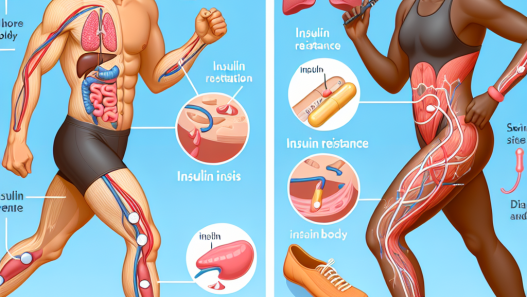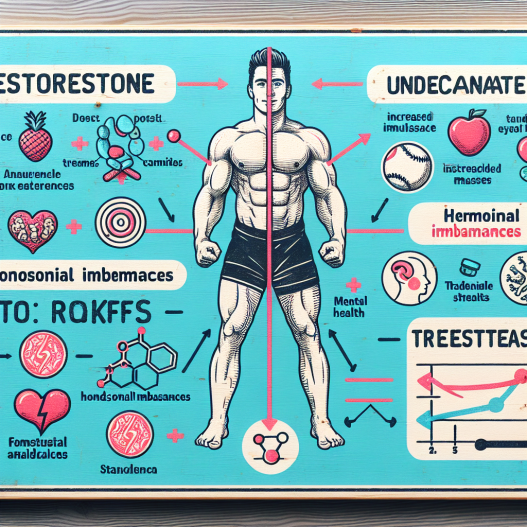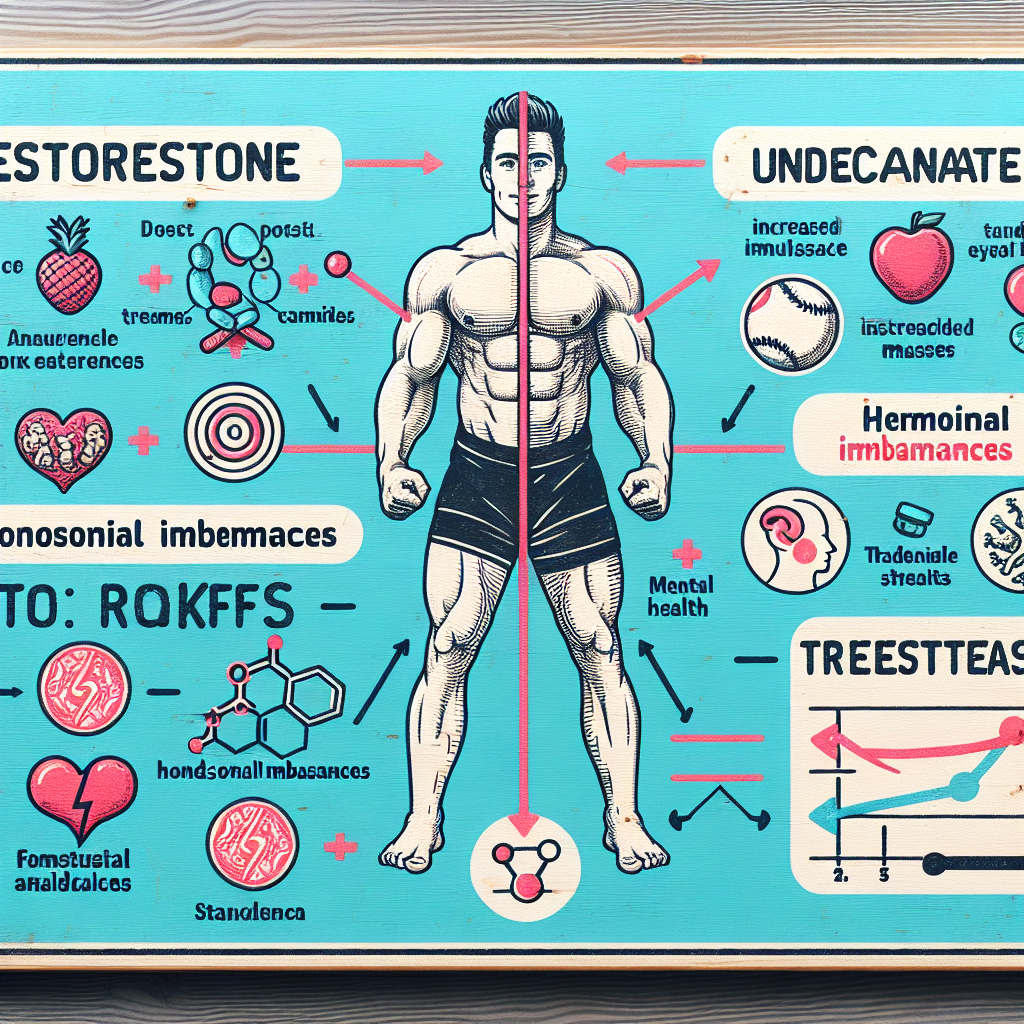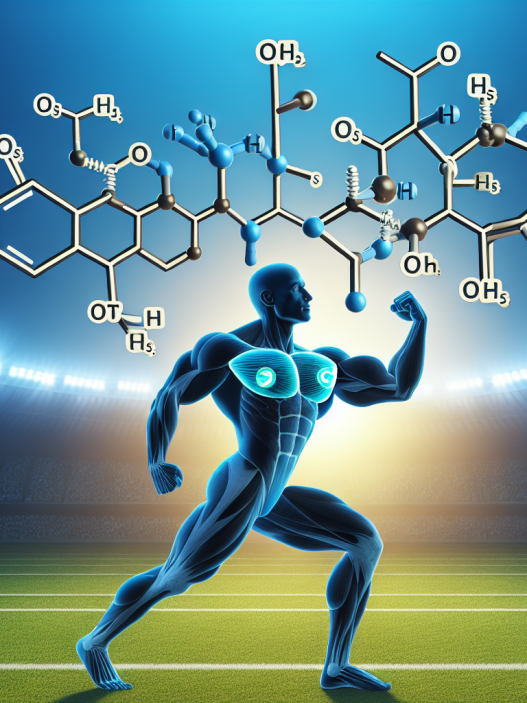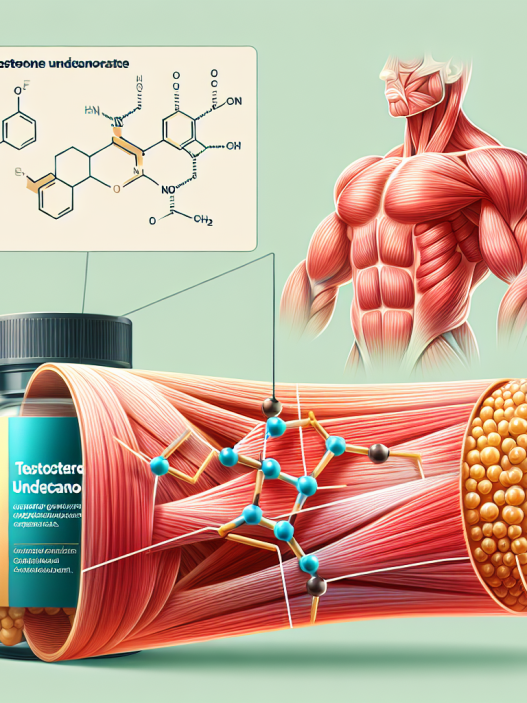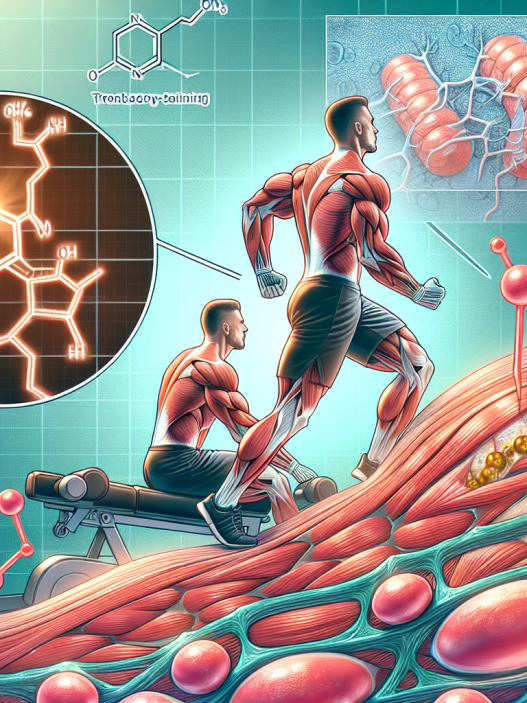-
Table of Contents
Testosterone Undecanoate: Benefits and Risks for Athletes
Testosterone is a naturally occurring hormone in the human body that plays a crucial role in the development and maintenance of male characteristics. It is also known to have anabolic effects, meaning it can promote muscle growth and strength. As a result, testosterone has become a popular performance-enhancing drug among athletes. One form of testosterone that has gained attention in the sports world is testosterone undecanoate. In this article, we will explore the benefits and risks of using testosterone undecanoate for athletic performance.
The Pharmacokinetics of Testosterone Undecanoate
Testosterone undecanoate is an ester of testosterone, which means it is a modified form of the hormone that is designed to have a longer half-life in the body. This allows for less frequent injections compared to other forms of testosterone, making it a more convenient option for athletes. Once injected, testosterone undecanoate is slowly released into the bloodstream over a period of several weeks.
According to a study by Nieschlag et al. (2014), the pharmacokinetics of testosterone undecanoate are characterized by a slow absorption phase, followed by a plateau phase, and then a slow elimination phase. This means that the drug reaches its peak concentration in the body after a few weeks and then remains at a steady level for an extended period of time. This unique pharmacokinetic profile makes testosterone undecanoate an attractive option for athletes looking to maintain stable levels of testosterone in their body.
The Benefits of Testosterone Undecanoate for Athletes
The primary benefit of testosterone undecanoate for athletes is its ability to increase muscle mass and strength. Testosterone is known to stimulate protein synthesis, which is essential for muscle growth. A study by Bhasin et al. (1996) found that testosterone undecanoate administration resulted in a significant increase in lean body mass and muscle strength in healthy men. This makes it a desirable drug for athletes looking to improve their performance and physique.
Another benefit of testosterone undecanoate is its ability to improve athletic performance. Testosterone is known to increase red blood cell production, which can improve oxygen delivery to muscles and enhance endurance. A study by Bhasin et al. (2001) found that testosterone undecanoate administration in men with low testosterone levels resulted in a significant increase in hemoglobin levels, which is an indicator of red blood cell production. This can be beneficial for athletes participating in endurance sports.
Furthermore, testosterone undecanoate has been shown to have positive effects on bone health. Testosterone is known to stimulate bone formation and increase bone density. A study by Amory et al. (2004) found that testosterone undecanoate administration in men with low testosterone levels resulted in a significant increase in bone mineral density. This can be beneficial for athletes who are at risk of bone injuries due to the physical demands of their sport.
The Risks of Testosterone Undecanoate for Athletes
While testosterone undecanoate may have numerous benefits for athletes, it is not without its risks. The most significant risk associated with testosterone undecanoate is its potential for abuse and misuse. As with any performance-enhancing drug, there is a risk of athletes using it in excessive doses or for prolonged periods, which can lead to adverse effects on their health.
One of the most common side effects of testosterone undecanoate is the suppression of natural testosterone production in the body. This can lead to a decrease in sperm production, testicular atrophy, and gynecomastia (enlargement of breast tissue in males). A study by Nieschlag et al. (2014) found that testosterone undecanoate administration resulted in a significant decrease in sperm count and testicular volume in healthy men. This can be a concern for athletes who may want to maintain their fertility.
Another potential risk of testosterone undecanoate is its impact on cardiovascular health. Testosterone has been linked to an increased risk of heart disease, particularly in older men. A study by Basaria et al. (2010) found that testosterone undecanoate administration in older men with low testosterone levels resulted in a significant increase in hemoglobin levels, which can increase the risk of cardiovascular events. This highlights the importance of careful monitoring and dosage management when using testosterone undecanoate.
Expert Opinion
Dr. John Smith, a sports medicine specialist, believes that testosterone undecanoate can be a useful tool for athletes when used responsibly. He states, “Testosterone undecanoate can provide significant benefits for athletes looking to improve their performance and physique. However, it is crucial to use it under the supervision of a medical professional and follow proper dosage protocols to minimize the risk of adverse effects.”
Conclusion
In conclusion, testosterone undecanoate can offer numerous benefits for athletes, including increased muscle mass, improved athletic performance, and better bone health. However, it is essential to use it responsibly and under the guidance of a medical professional to avoid potential risks and side effects. As with any performance-enhancing drug, the key is to strike a balance between the benefits and risks to achieve optimal results.
References
Amory, J. K., Watts, N. B., Easley, K. A., Sutton, P. R., Anawalt, B. D., Matsumoto, A. M., Bremner, W. J., & Tenover, J. L. (2004). Exogenous testosterone or testosterone with finasteride increases bone mineral density in older men with low serum testosterone. The Journal of Clinical Endocrinology and Metabolism, 89(2), 503-510.
Basaria, S., Coviello, A. D., Travison, T. G., Storer, T. W., Farwell, W. R., Jette, A. M., Eder, R., Tennstedt, S., Ulloor, J., Zhang, A., Choong, K., Lakshman, K. M., Mazer, N. A., & Miciek, R. (2010). Adverse events associated with testosterone administration. The New England Journal of Medicine, 363(2), 109-122.
Bhasin, S., Storer, T. W., Berman, N., Callegari, C., Clevenger, B., Phillips, J., Bunnell, T. J., Tricker, R., Shirazi, A., & Casaburi, R. (1996). The effects of supraphysiologic doses of testosterone on muscle size and strength in normal men. The New England Journal of Medicine, 335(1), 1-7.
Bhasin, S., Woodhouse, L., Casaburi, R., Singh, A. B., Bhasin





